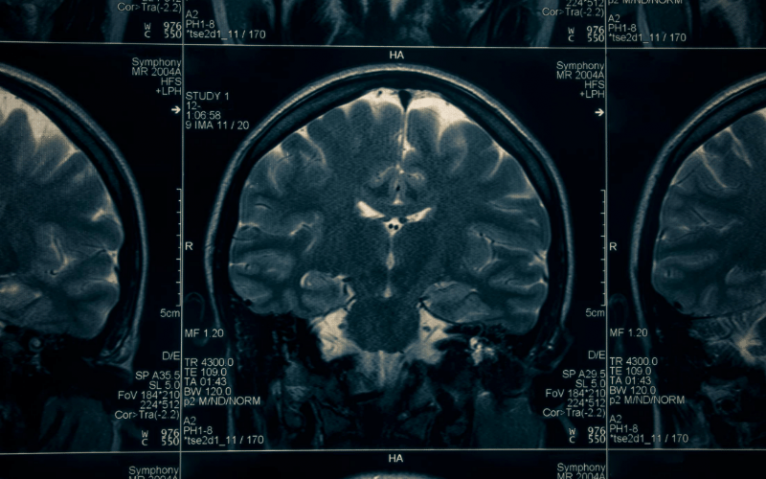Wet Brain Syndrome
Those who drink too much may brush off their bad habit more easily than a heroin addict or an individual who regularly abuses crack cocaine. Drinking is just so common – if you haven’t been good and plastered at least once in your life you may be questioned by your peers, in fact. What many who drink heavily and regularly do not know is that prolonged alcohol abuse can lead to a host of severe and potentially permanent medical issues. Some of these issues result in conditions that can damage the brain enduringly. Wet Brain (or Wernicke-Korsakoff Syndrome) is perhaps the most well-known form of alcohol-related brain damage. This condition typically occurs after years of excessive drinking, provoked by a thiamine deficiency caused by malnutrition. If this condition is caught in its very early stages, it can usually be at least partially reversed with intensive treatment involving large doses of thiamine. If the disorder reaches the late stages, however, the damage is permanent and nothing can be done to reverse the symptoms.
Who is at Risk of Wet Brain?
Wet Brain is the result of a thiamine deficiency caused by poor eating habits that lead to eventual malnutrition. Those who are in the late stages of chronic alcoholism will likely maintain a predominantly liquid diet, physically unable to hold solid food down because of the strain put on their digestive systems by disproportionate alcohol consumption. Binge drinking can cause major gastrointestinal damage, leading to an inability to properly absorb nutrients. Liver damage that is frequently caused by alcoholism will also lead to reduction in thiamine processing, and without this essential nutrient utilized by the brain to aid in glucose conversion, significant brain cell death can and will occur. The brain stem is harshly affected, as is the pons and the cerebral cortex. Those who are in the advanced stages of alcoholism and do not receive professional treatment are exceedingly more likely to develop Wet Brain.
Symptoms of Wet Brain Syndrome
Those who suffer from Wet Brain will typically exhibit the following symptoms: – Loss of control over eye movements – Dementia – Hallucinations Hallucinations can be aural, tactile, or visual – Confusion Confusion often manifests as a seeming apathy to surrounding and an inability to verbally participate in conversations (at least coherently) – Confabulation Believing certain events that did not actually happen to be true, and repeating them to others as if they had, in fact, happened – Ataxia This is a strange symptom, but it is relatively telltale – it refers to an irregular gait, usually a short step and wide stance
Treatment for Wet Brain
Late stage patients have not been known to benefit from any known treatment – they are essentially doomed to suffer from the disorienting and obtrusive symptoms of Wet Brain for the remainder of their lives. The mortality rate for this specific alcohol-related condition remains at around 20%. If those in the early stages are treated promptly and efficiently, there is about a 20% chance that they will make a full recovery. This specific disorder is far more prevalent amongst homeless and elderly individuals, though it can affect anyone. If you or someone you know and love is suffering from alcohol abuse or dependency, please contact one of our trained representatives at Lighthouse Recovery Institute today.









